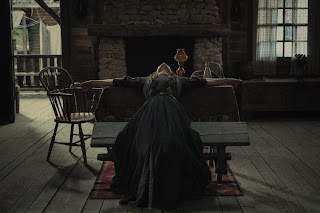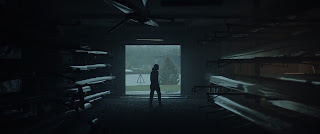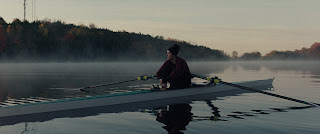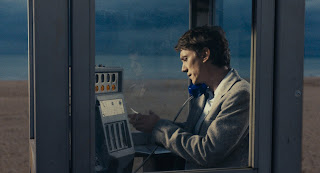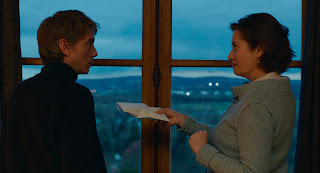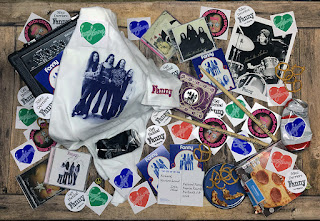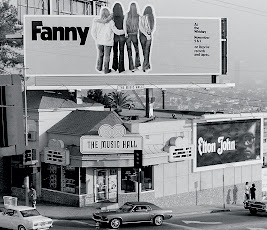The entirety of BFI Flare's Best of Year strand will be screened on Sunday, which marks the close of this year's edition of the festival. The strand's title is quite self-explanatory, and this roundup of highlights from the last 12 months features the likes of animated docudrama Flee and Pedro Almodóvar's Parallel Mothers—two high-profile films that have enjoyed considerable success over the past year or so. While anything in Best of Year is likely to be worth seeing—the section also includes acclaimed prison drama Great Freedom—the real gem in the strand takes the form of Mona Fastvold's outstanding second feature The World to Come, a film that was granted the most modest of theatrical releases before landing on VOD. In placing The World to Come in Best of Year, Flare's programmers have both recognised its greatness and provided a rare opportunity to see Fastvold's film on the big screen. As with every film in this strand, tickets for The World to Come have sold out, but it is always worth checking for any returns that may become available—or you can rent (or buy) the film from iTunes.
Set in the mid-19th century, The World to Come focuses on the hard, isolated and cheerless lives of those working the American frontier, with Abigail (Katherine Waterston) and Dyer (Casey Affleck) eking out a living on their remote New York homestead. When their young daughter Nellie (Karina Gherasim) dies of diphtheria, Dyer and Abigail are quietly devastated; he was always a man of few words, and although it feels as if Abigail is much more talkative, much of what she has to say is presented in her diary-fuelled voiceover. It is through this means that the grief-stricken mother offers a number of stark revelations: for one, Nellie's death has disabused Abigail of any notion of a better world to come, hence the film's title. Abigail lives her life both in her head and through her private journal, and she places great emphasis on what is written down; more than once, she wonders if she makes any sort of appearance in the ledger in which Dyer tallies up the farm's income and expenditure. And speaking of tallies, it isn't long before another enters the film: Tallie (Vanessa Kirby) and her husband Finney (Christopher Abbott) move into a neighbouring farm, and it isn't long before the couples become acquainted over dinner at the new tenants' place.
The performances are uniformly excellent, with Waterston particularly impressive as the deep-thinking Abigail, a sensitive woman largely at odds with her unforgiving surroundings; Oscar winner Affleck, who also produced the film, is careful not to distract from the two players at the heart of this story, yet his subtle supporting turn remains a low-key delight. It is a great pity that The World to Come has slipped between the cracks opened by the various COVID-induced lockdowns; additionally, several other, recent period lesbian dramas, most of which were inferior to Fastvold's film, all received wider publicity and distribution. It is by no means inapt to claim that The World to Come is a significantly stronger work than both The Favourite and Ammonite, and it fully deserves to be mentioned in the same breath as Céline Sciamma's sublime Portrait of a Lady on Fire. The World to Come's inclusion in this year's edition of Flare will hopefully reignite interest in what is a moving, lyrical and haunting work.
Darren Arnold
Images: Claudia Tomassini


